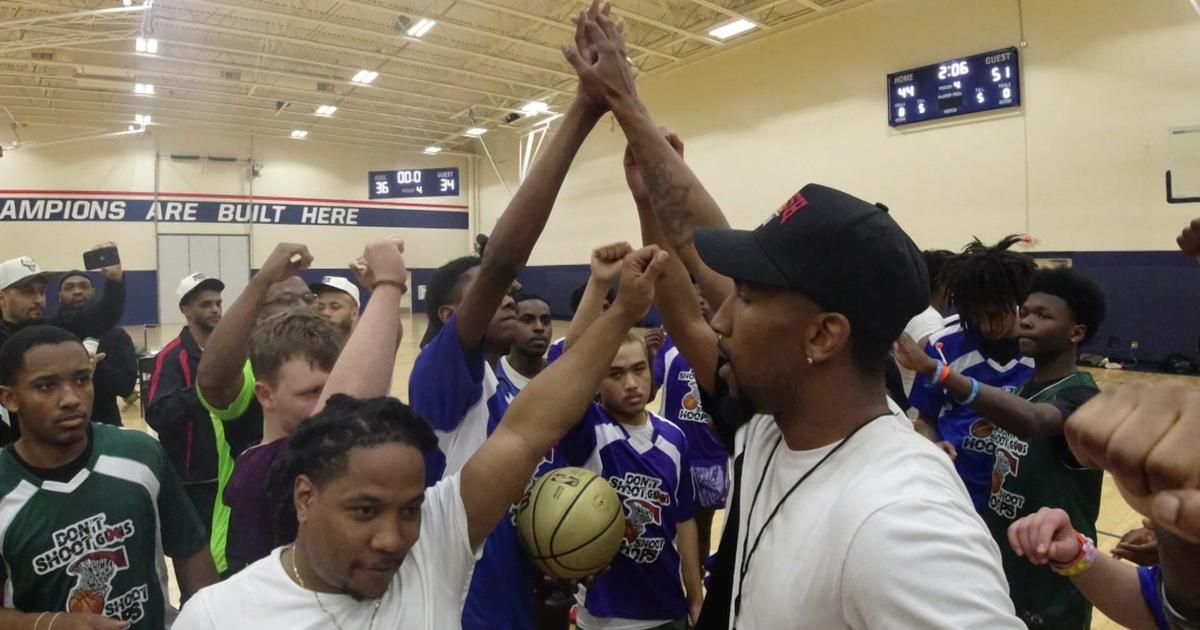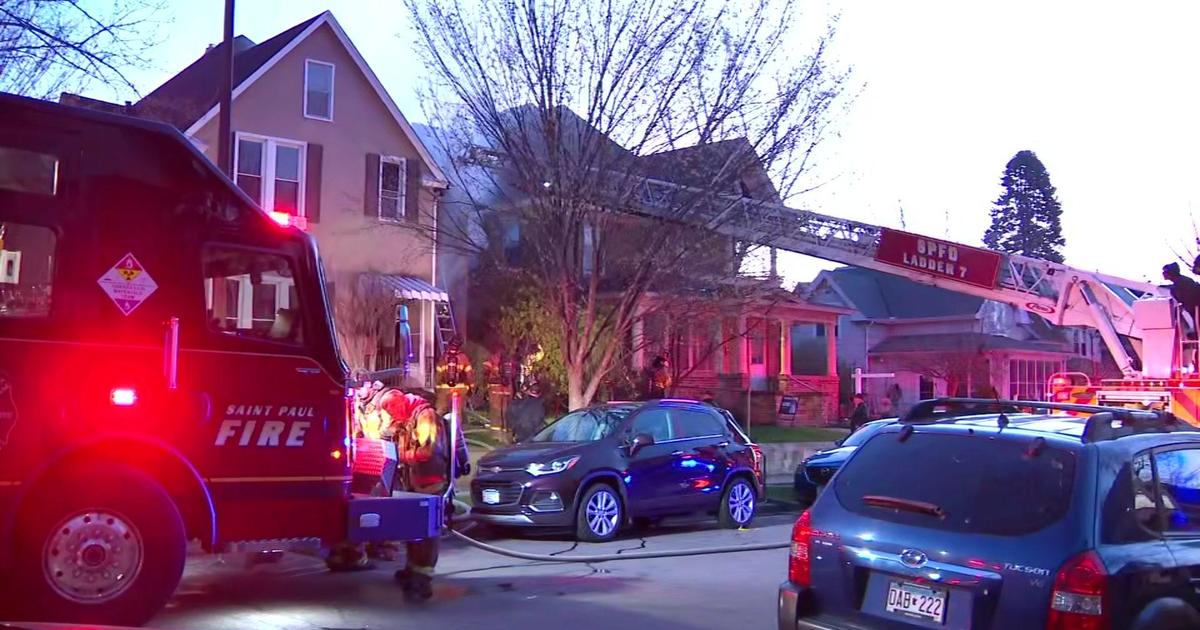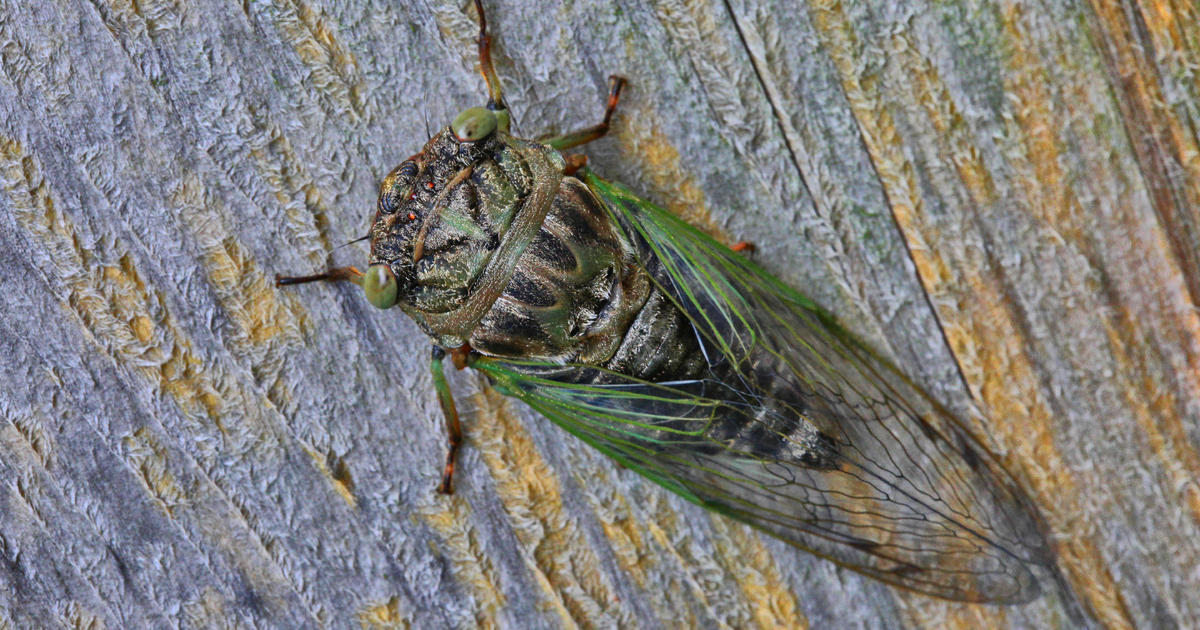The Apu Trilogy Is A Human Epic, 'Love At First Fight' A Tough Romance
To see Satyajit Ray's iconic Apu trilogy is to experience the true meaning of the word "epic." The works, all of which are gems of world cinema and demand to be seen, are together a luminous, glittering monument to life, exploring joy and sadness, responsibility and rebellion, politics and religion. The films come to us this Friday in Minneapolis after thousands of hours of painstaking restoration following a fire that terribly damaged the original negatives. For a lover of movies to not see Ray's films is, per the words of Akira Kurosawa, not see the sun or the moon.
The trilogy -- Pather Panchali (1955), Aparajito (1956), and The World of Apu (1959) -- tell the story of a boy's life. The protagonist is Apu -- yes, the convenience store clerk in The Simpsons is named after him -- and the works follow his growing up in rural Bengal, eastern India. The story starts before he's born and ends when he becomes a father, putting a strong emphasis on the women in his life. It's one of the things about Ray's direction that is so striking: He has an incredible sympathy for each of his characters.
For instance, the trials and tribulations of Apu's mother get special focus. In Pather Panchali, she struggles to raise her children while their father travels in search of work. In that same film, she also has to cope when death takes away her daughter, who is just one of many characters to perish in this often tragic story. Later, in Aparajito, her suffering is again examined when the studious Apu yearns to go to college, which would effectively leave her stranded in the countryside. Ray's lens examines not only the human drama inherent in parenting and family life, it also questions the social structures and environments that make such issues universal.
To hint at all the characters, stories and beauty in this trilogy is impossible in this short a write-up, but it must be noted that Ray's work feels almost miraculously fresh. It's been half a century since these films were released, and they still feel vital. Indeed, it's hard to compare this trilogy to others, because the works here capture something so large and yet so intimately human that watching them feels more akin to reading a great work of literature, like War and Peace. This is not to say the films are bookish -- if anything, Ray's direction relies much more on the faces than on words -- but that Ray deserves to be in the pantheon of great artists. He is a Tolstoy of cinema, and his movies, if you head out to see them this week, will change your life.
The Apu trilogy is playing at the Lagoon Cinema.
-----
The love story that unfolds in Love At First Fight defies easy categorization. It's not a French romcom, it's not a passionate kissing fest, and it isn't a tearjerker. Rather, it's a slow-burning romance with well-placed laughs, featuring a remarkable performance by up-coming actress Adèle Haenel. The film is irresistible as it is unpredictable, and it makes for almost perfect summer movie watching.
Directed by Thomas Cailley – who along with Haenel took home honors from this year's Cesar Awards, France's version of the Oscars – the film follows two young people as their lives intersect in a tiny sea-side town. Haenel plays Madeleine, an ex-economics major who's obsessed with surviving what she feels is the imminent collapse of global society. She's drinks bloody smoothies of blended sardines and bulks up by swimming pool laps with roof tiles strapped to her back. Yet, her craggy exterior can be cracked.
The person who gets to her softer side is Arnaud (Kevin Azais), a handsome, easy-going guy whose family owns a landscaping business. He's introduced to Madeleine when his friends sign him up for a wrestling demonstration, and he's made to grapple with the girl in public. She attacks him like bulldog, and he bites her to get her off. The sparks that fly here are rekindled later when Arnaud and his brother are commissioned to build a poolside pavilion for Madeleine's parents. Slowly, the two get to know each other.
Then on a whim, Arnaud follows the girl's obsession with survival to an army training course, where Madeleine finds she's not as tough as she once thought. The two eventually abandon the army and venture out to survive in the countryside, where reality inevitably bites. Thematically, the film explores how love is vital to existence. Without Arnaud's affection for her, Madeleine's chances of survival, in the woods or wherever, are shown to be less. This is not to say that Arnaud is the hero who saves the damsel in distress. Instead, he's shown to be what the girl is missing in her life: laughter, love, compassion, and help.
It's worth stating again how good Haenel is here. She perfectly embodies her character's physical robustness without seeming to sacrifice any part of her beauty or sexuality. While the film's ending might leave something to be desired, the work satisfies in that it always feels capable of surprises. At any moment, Arnaud and Madeleine seem like they could embrace in a storm of kisses or have a violent falling out. The film keeps you guessing, just like young love should.
Love at First Fight is playing at the St. Anthony Main Theatre.



